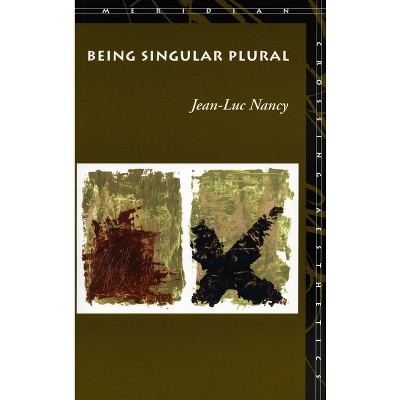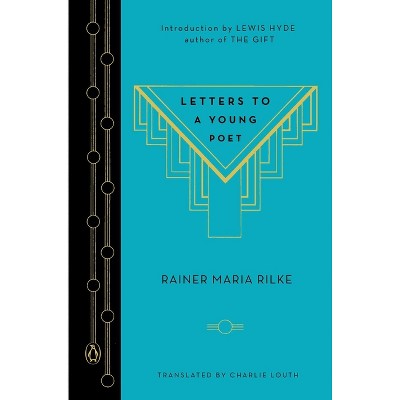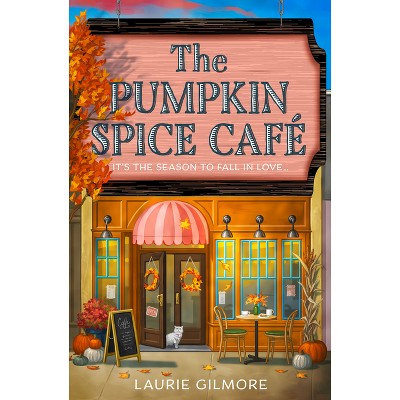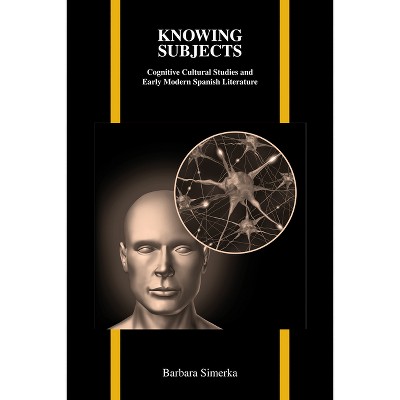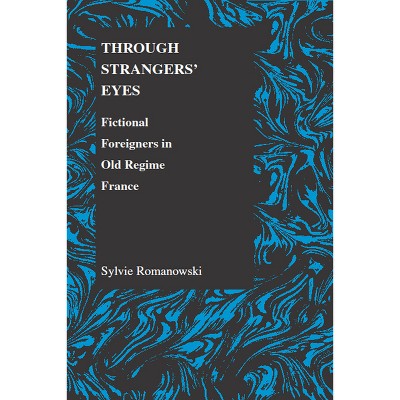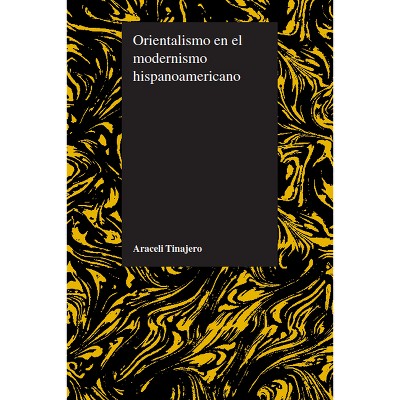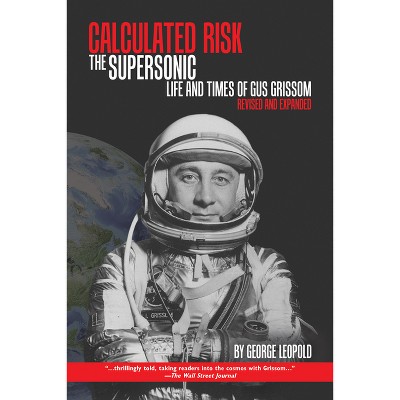Sponsored

History, Violence, and the Hyperreal - (Purdue Studies in Romance Literatures) by Kathryn Everly (Paperback)
$45.49
In Stock
Eligible for registries and wish lists
Sponsored
About this item
Highlights
- What does literature reveal about a country's changing cultural identity?
- About the Author: Kathryn Everly is an associate professor of Spanish at Syracuse University.
- 230 Pages
- Literary Criticism, European
- Series Name: Purdue Studies in Romance Literatures
Description
About the Book
What does literature reveal about a countrys changing cultural identity? In History, Violence, and the Hyperreal by Kathryn Everly, this question is applied to the contemporary novel in Spain. In the process, similarities emerge among novels that embrace apparent differences in style, structure, and language. Contemporary Spanish authors are rethinking the way the novel with its narrative powers can define a specific cultural identity. Recent Spanish novels by Carme Riera, Dulce Chacn, Javier Cercas, Ray Loriga, Luca Etxebarria, and Jos ngel Maas (published from 1995 to 2008) particularly highlight the tension that exists between historical memory and urban youth culture. The novels discussed in this study reconfigure the individuals relationship to narrative, history, and reality through their varied interpretations of Spanish history with its common threads of national and personal violence. In these books, culture acts as mediator between the individual and the rapidly changing dynamic of contemporary society. The authors experiment with the novel form to challenge fundamental concepts of identity when the narrative acknowledges more than one way of reading and understanding history, violence, and reality. In Spain today, questions of historical accuracy in all foundational fictionssuch as the Inquisition, the Spanish Civil War, or globalizationcollide with the urgency to modernize. The result is a clash between regional and global identities. Seemingly disparate works of historical fiction and Generation X narrative prove similar in the way they deal with history, reality, and the delicate relationship between writer and reader.Book Synopsis
What does literature reveal about a country's changing cultural identity? In History, Violence, and the Hyperreal by Kathryn Everly, this question is applied to the contemporary novel in Spain. In the process, similarities emerge among novels that embrace apparent differences in style, structure, and language. Contemporary Spanish authors are rethinking the way the novel with its narrative powers can define a specific cultural identity. Recent Spanish novels by Carme Riera, Dulce Chacon, Javier Cercas, Ray Loriga, Lucia Etxebarria, and Jose Angel Manas (published from 1995 to 2008) particularly highlight the tension that exists between historical memory and urban youth culture. The novels discussed in this study reconfigure the individual's relationship to narrative, history, and reality through their varied interpretations of Spanish history with its common threads of national and personal violence. In these books, culture acts as mediator between the individual and the rapidly changing dynamic of contemporary society. The authors experiment with the novel form to challenge fundamental concepts of identity when the narrative acknowledges more than one way of reading and understanding history, violence, and reality. In Spain today, questions of historical accuracy in all foundational fictions--such as the Inquisition, the Spanish Civil War, or globalization--collide with the urgency to modernize. The result is a clash between regional and global identities. Seemingly disparate works of historical fiction and Generation X narrative prove similar in the way they deal with history, reality, and the delicate relationship between writer and reader.About the Author
Kathryn Everly is an associate professor of Spanish at Syracuse University. She is the author of Catalan Women Writers and Artists: Feminist Views from a Revisionist Space (2003). She has published articles and chapters in Hispanic Journal, Catalan Review, Monographic Review, Letras Peninsulares, and in various anthologies. Her current research focuses on aspects of surrealism in the works of Merce Rodoreda.Dimensions (Overall): 8.9 Inches (H) x 5.9 Inches (W) x .6 Inches (D)
Weight: .8 Pounds
Suggested Age: 22 Years and Up
Number of Pages: 230
Genre: Literary Criticism
Sub-Genre: European
Series Title: Purdue Studies in Romance Literatures
Publisher: Purdue University Press
Theme: Spanish & Portuguese
Format: Paperback
Author: Kathryn Everly
Language: English
Street Date: April 1, 2010
TCIN: 1006742607
UPC: 9781557535580
Item Number (DPCI): 247-09-3207
Origin: Made in the USA or Imported
If the item details aren’t accurate or complete, we want to know about it.
Shipping details
Estimated ship dimensions: 0.6 inches length x 5.9 inches width x 8.9 inches height
Estimated ship weight: 0.8 pounds
We regret that this item cannot be shipped to PO Boxes.
This item cannot be shipped to the following locations: American Samoa (see also separate entry under AS), Guam (see also separate entry under GU), Northern Mariana Islands, Puerto Rico (see also separate entry under PR), United States Minor Outlying Islands, Virgin Islands, U.S., APO/FPO
Return details
This item can be returned to any Target store or Target.com.
This item must be returned within 90 days of the date it was purchased in store, shipped, delivered by a Shipt shopper, or made ready for pickup.
See the return policy for complete information.
Trending Paperback Books

$9.85 - $23.88
MSRP $15.99 - $32.99
4.8 out of 5 stars with 152 ratings

$19.99 - $20.58
MSRP $19.99 - $30.00
5 out of 5 stars with 6 ratings
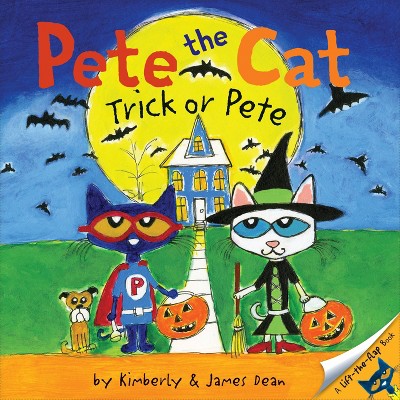
$5.30
Buy 2, get 1 free select books
4.8 out of 5 stars with 121 ratings



